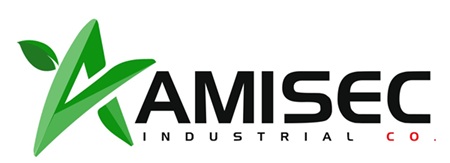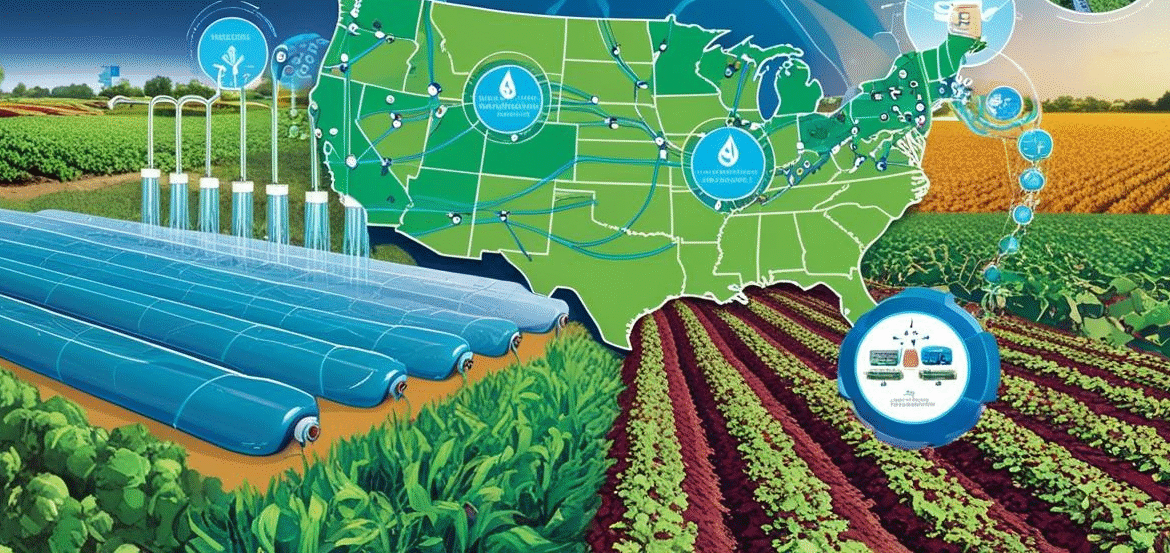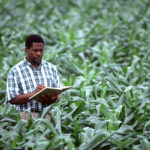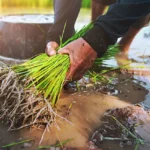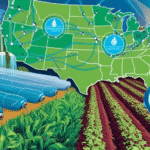As global demand for food continues to rise and water resources become increasingly scarce, the future of farming depends on smarter, more efficient ways to grow crops. One of the most transformative innovations leading this change is smart irrigation technology — a system that combines data, sensors, and automation to deliver water precisely when and where it’s needed.
Unlike traditional irrigation methods that often waste water through overuse or poor timing, smart irrigation systems use real-time data from soil moisture sensors, weather forecasts, and crop requirements to optimize water distribution. This means farmers can maintain ideal growing conditions while conserving valuable resources.
Smart irrigation doesn’t just save water — it boosts productivity. By ensuring that crops receive the right amount of water at the right time, farmers can improve yields, reduce energy costs, and minimize nutrient loss from overwatering. When integrated with mobile apps or IoT platforms, these systems also allow farmers to monitor and control irrigation remotely, bringing a new level of precision and convenience to modern agriculture.
As climate change continues to challenge global food systems, smart irrigation is more than just a technological upgrade — it’s a necessity. It represents the future of sustainable agriculture, empowering farmers to produce more with less while protecting our planet’s most vital resource: water.

